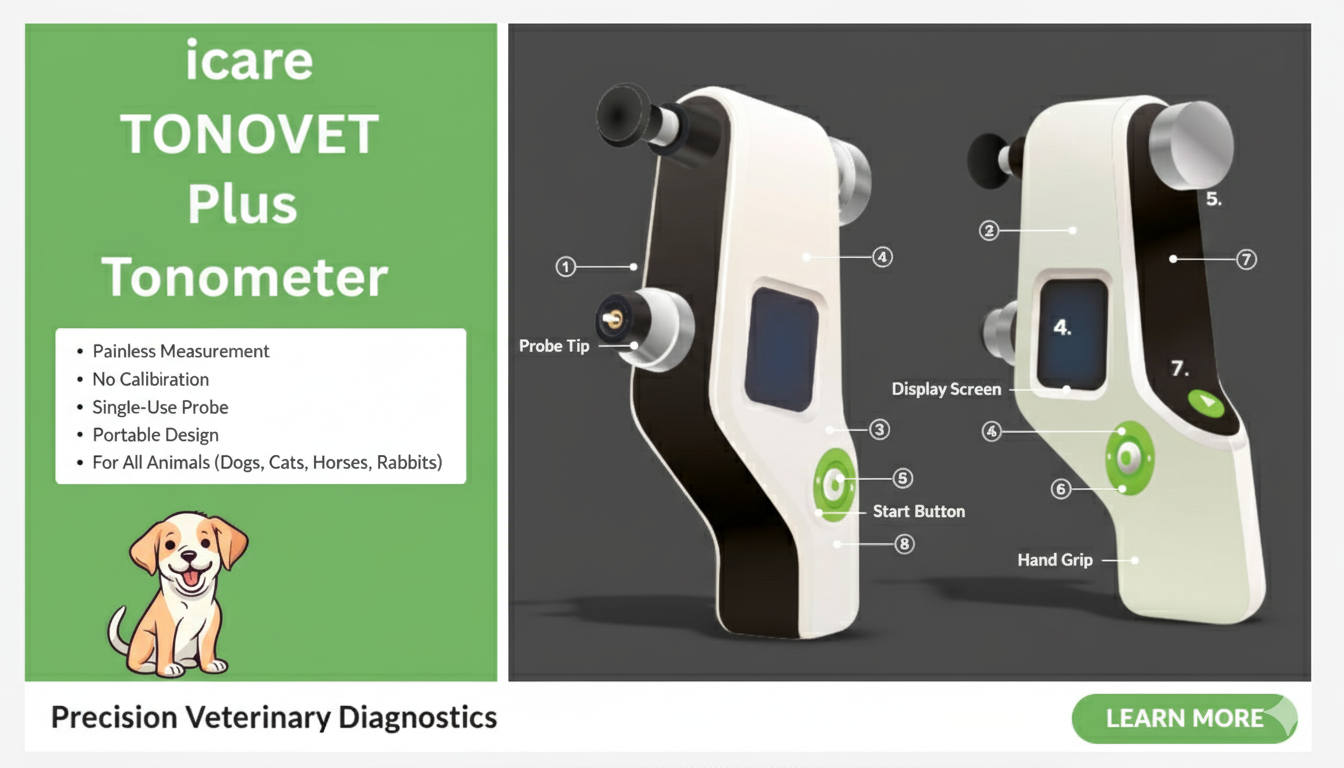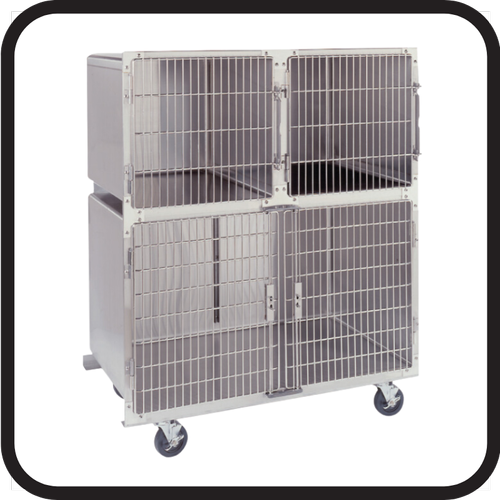Can a Neutered Dog Impregnate a Female? Here’s the Answer
/Table of Contents
If you are a pet parent two both a male and female dog, you might have concerns as to whether the two dogs might affect one another, for example, you might fear your male pup impregnating your female pup. Fortunately, you can (and should) get your pups spayed and neutered, for both your dog’s health and your own peace of mind.
Unless a male dog has sex immediately after its neutering procedure (which is unlikely), a female dog will not become pregnant if they have sex.
Even if your male pup did manage to have sex with a female dog within the same week of getting neutered, that female might only become pregnant on the off chance that the male dog has dormant sperm.
Spay and neutering procedures successfully prevent pregnancies in dogs all around the world. Once your dog is neutered, you can rest assured they are not going to get any female dogs pregnant. However, it might be wise to keep an eye on them that first week after surgery, just to be safe.
Can a Neutered Dog Impregnate a Female Dog?
Technically it could happen immediately after the surgery, due to the phenomenon of dormant sperm. Males of most animal species, dogs included, can remain fertile for up to six weeks after operation. Though unlikely, your freshly neutered male dog could get a female dog pregnant if they engaged in sex the first few days or weeks after your neutered dog’s surgery.
After a neutering procedure, sperm will no longer be produced. This means that, except for any dormant sperm those first few weeks after neutering, your male dog is no longer able to father any litters.
For this reason, it is best to take precautions to always watch your dog after their surgery and keep any female dogs (especially female dogs in heat) away from your newly neutered pup. This is suggested regardless as you do not want your dog to lick themselves and accidentally open their stitches after their surgery.
Ultimately though, it would be nearly impossible for your dog to get a female dog pregnant week or more after the neutering procedure. If the neutering procedure wasn’t affective, after all, it is unlikely vets and other animal experts would continue to recommend it.
Can a Neutered Dog Still Lock with a Female Dog?
Yes, a neutered dog can still lock (have sex with) with a female dog, as the neutering procedure only removes a dog’s testicular sacks. While neutered dogs cannot impregnate a female dog and therefore make babies, they can most certainly still have sex.
Neutered dogs are less likely to have an urge to have sex, however, as by nature the neutering procedure eliminates the hormones that create sex drives.
What Exactly is the Neutering Procedure?
When a dog is neutered, both testicles and their respective structures are removing from the body permanently. The goal of the procedure is to render the male unable to produce sperm and therefore unable to impregnate female dogs. The procedure itself is known as castration.
While veterinarians can technically perform vasectomies on dogs (where the dogs’ tubes from the sperm sack are severed), it is not commonplace.
Can You Reverse a Neutering Procedure?
No, you cannot reverse a neutering procedure. For this reason, be sure this is the right choice for you and your pet. Always consult your veterinarian first if you have any worries or reservations. For once your dog is snipped, there’s no going back!
The Best Age to Neuter a Dog
According to the ASPCA, the best age to neuter a male dog is between six to nine months. Technically, puppies as young as eight weeks old can be neutered if they are hearty and healthy. While there is technically no age limit to when a dog can be neutered, you don’t want to wait too long to get the procedure, otherwise the additional behavioral and health benefits may not be as likely rendered.
Why You Should Consider Spaying or Neutering your Pet
Spaying and neutering procedures are recommended by virtually all veterinarians. There are many benefits to the procedures, the first of which being it helps to control the pet homelessness crisis that is not only a problem in countries like The United States but in countries all over the world.
When unwanted pet pregnancies occur, or when homeless pets have litters, unfortunately, there are not enough homes to go around and these uncared-for dogs and cats end up at shelters and then euthanized. Therefore, it is wise to get your animals spayed and neutered so they do not add to this problem.
Another reason to get your dog neutered is that it may help prevent the likelihood of your dog getting testicular cancer.
Behavioral Welfare
Spay and neuter procedures help with certain behavioral issues. For example:
Spayed females will no longer go into heat (or ‘bleeding seasons.’) This is preferred for pet owners as females might bleed for five days, every three weeks, and that can get all over the house. Females in heat also tend to howl and urinate more in an effort to attract a male companion to mate with.
Some pet owners find their neutered males somewhat better to behave. One such example is that neutered dogs and cats tend to mark their territory with urine less than unneutered dogs and cats.
Some neutered dogs are less likely to hump or mount objects or people, are less inclined to run away to seek a mate and tend to show less aggression (due to their lacking levels of testosterone).
*A word of caution*
Getting your dog neutered is not a surefire way to fix any or all behavioral issues. While it is true neutered dogs mark less, etc., neutering your dog will not guarantee a shift in this behavior. There certainly will be a decreased amount of testosterone in your dog’s body, but there will still be some testosterone.
Neutering especially does not reduce behaviors that were learned and never corrected (like chewing on furniture).
What are Neuticles?
Some pet owners feel remorse over removing their dogs’ testicles (though this often doesn’t seem to be the case for owners removing their dog’s uteruses…something to investigate in our culture perhaps.)
For those pet parents who can’t bear for their male dogs to be parted with their parts, they can get their dogs neutered and get implants called neuticles to replace the real testicles. Yes. This really exists. They are testicular implantations. They were created by a company called CTI, which specializes in other types of animal prosthetics like prosthetics eyes, ears, and limbs!
The Key Take Away
Neutered dogs can technically impregnate a female dog up to six weeks after their neutering procedure due to dormant sperm. However, after a male dog loses its testicular sacks, it will no longer produce sperm, and therefore will be unable to sire future litters.
Neutering your dog is a wise choice to prevent unwanted K-9 pregnancies, in addition to unwanted unruly male dog behavior (like marking territory with urine, humping, and running away.) You can get your dog neutered as soon as eight weeks if they’re healthy, but the typical neutering age is between six and nine months old.
Give your pup and yourself peace of mind, and help reduce the homeless dog and cat population by ensuring your pet is neutered. After all, you can always get your pup some neuticles.





















